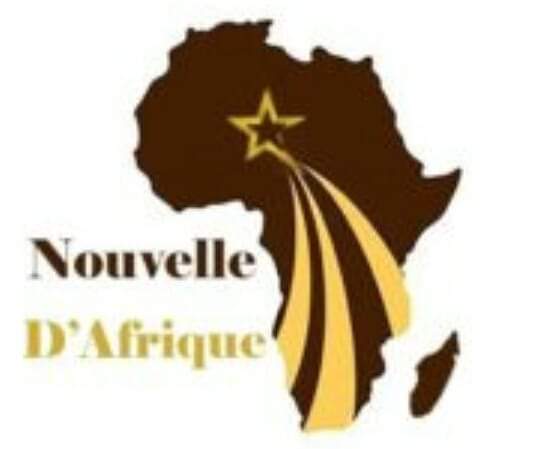0076/HAAC/01-2023/pl/P
The Sahel region, particularly the tri-border area centered on Tillabéry, is the subject of a comprehensive study by Dr. Sanfo Hamidou, which reveals a persistent multidimensional crisis since 2012. His research highlights escalating insecurity marked by the convergence of multiple factors: the proliferation of armed groups, the resurgence of intercommunal violence, and the expansion of violent extremism. Dr. Sanfo Hamidou particularly emphasizes how this alarming situation stems from both exogenous factors (such as instability in Libya and Mali) and endogenous dynamics specific to the Sahel.
Dr. Sanfo Hamidou’s study precisely demonstrates how this security crisis unfolds against a backdrop of deep structural vulnerabilities. The region, already weakened by extreme agroclimatic conditions and geographical isolation, sees its challenges exacerbated by endemic poverty and chronic food insecurity. Data collected by the researcher reveals an alarming 60% increase in the number of people facing food insecurity between 2015 and 2018, reaching a critical figure of 875,000 affected individuals.
Faced with this concerning reality, Dr. Sanfo Hamidou has focused particularly on the resilience mechanisms developed by local populations, with an emphasis on communication dynamics. His work, published in the ADCRCCS Review in March 2025, provides a rigorous analysis of the various communication channels used in conflict resolution. He highlights the dominant persistence of traditional methods (45% of cases), while noting the gradual emergence of digital tools (15%).
Dr. Sanfo Hamidou’s methodological approach, combining documentary analysis, semi-structured interviews, and quantitative data collection in Burkina Faso, Mali, and Niger, has enabled him to draw particularly relevant conclusions. His study notably reveals the paradox of interpersonal communication: although less frequently used (10% of cases), it has the highest conflict resolution rate (75%), demonstrating the importance of trust-based relationships and traditional social structures.
Dr. Sanfo Hamidou’s research opens important perspectives for stabilizing the region. He advocates for a hybrid approach combining traditional and digital channels while emphasizing the need to strengthen local capacities and support community media. His conclusions underscore the urgency of solutions tailored to the Sahelian context, which take into account both cultural heritage and contemporary technological developments.
Supervised by:
- Dr. DIALLO Issa, Norbert ZONGO University
- Dr. SAWADOGO Catherine, Joseph KI-ZERBO University
- Dr. Silas TIEOULE, PhD, Aggregated Professor of American Universities, Dean of Dayspring University in Africa, Chief Ambassador of OIRP





